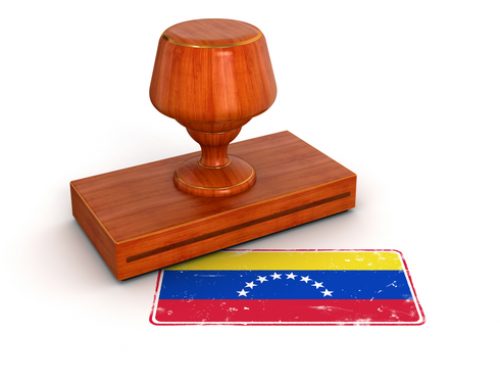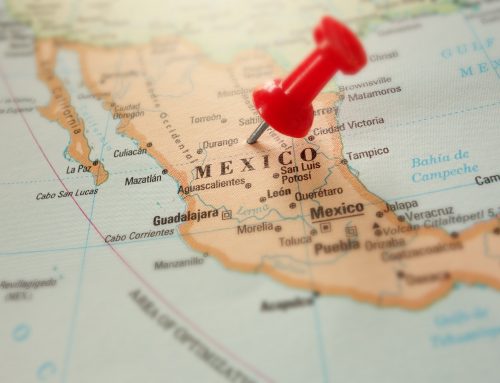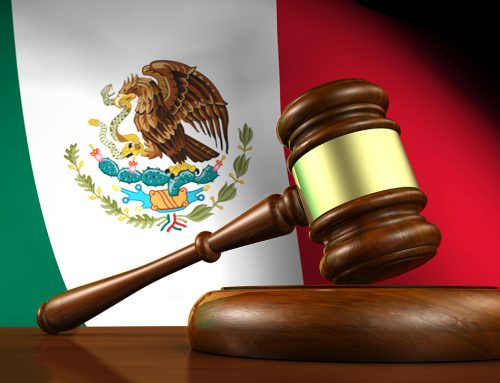
Intellectual property, or IP, commonly refers to any idea, work, or creation of the human intellect, as to which an individual has rights and for which you can apply specific IP rights such as copyright, trademark, or patent. Basically, IPs are a product of the human mind, all based off of hard work and creativity. Today, companies all around the globe consider intellectual properties as one of their most significant assets. Why? Well, primarily because of how much it contributes to any businesses’ growth, success, and achieving company goals and objectives.
However, intellectual property infringement is one of the greatest challenges and primary concerns of businesses worldwide. Since IPs are considered a significant company asset, it gets quite challenging to actually maintain and secure these intellectual properties because of rising cases of property infringement today. As a result, more countries are starting to revise and improve their intellectual (or industrial) property rights and laws to ensure protection and security over their most valuable assets. Countries in Southeast Asia are widely known for how they value intellectual properties. These countries include China, Japan, and the Philippines. In fact, there has been constant improvement and credibility among these nations that patent registration in the Philippines is starting to gain [positive] recognition.
Meanwhile, on the western side of the world, one country that has recently made amendments and improvements in regards to intellectual property rights and laws is Chile. Just last year, the Chilean government proposed a bill in the Congress, aiming to improve its procedures regarding IP rights and law registration along with a couple more developments. Finally, in April of this year, the House of Representatives approved this bill and is now awaiting sanctions for the Senate. In this article, you will know more details about the latest improvements the Chilean Draft IP Law could bring in their country.
Extension of Term of Protection for Designs
The current IP law only allows a maximum of ten years of protection for industrial designs, which cannot be extended. Meanwhile, the new draft IP law allows and proposes protection for a period of five years, which can be continued or renewed for two more periods of five years, extending protection to a maximum of fifteen years.
On top of that, the new draft law also grants current intellectual property owners and designers entitlement to this amendment, allowing them to extend their 10-year validity with five more years, equating to fifteen years in total.
Improve Maintenance Fees
The current IP law allows owners to pay for their patent maintenances fees for a period of five or ten years, and that’s a long time. In the long run, or within those 5-10 years, you might lose interest in a specific right or consider it irrelevant in your business. With that, the new draft law proposes an option of paying annual maintenance fees for both patent and industrial designs. As a result, designers or owners can evaluate whether or not it’s still worth a shot to pay for intellectual property for the next few years or so.
Canceling of Protection
This is another new procedure proposed by the new draft law. Usually, companies apply or file for trademarks because they plan to use it for long term purposes. Also, the general principle states that brands, logos, or trademarks are considered as notable signs that separate products, services, or companies from the rest of their competitors. However, if after five years from registration, a trademark is proven to be inactive or has entirely lost its distinctiveness, it can lose its [trademark] protection from then on. Chile is missing a cancellation for lack of use, this new proposal will solve many problems for new trademark owners.
Patent Usurpation
According to the current IP law, if an illegible person registers an IP for a patent, the only option available for legible owners of the idea or invention at hand is to request that this patency be revoked. With that, legitimate owners of the said intellectual property are left with no other option to retrieve their patent right.
However, as for the new draft law, it proposes the patent usurpation act, which allows the rightful owner of the idea or invention at hand to request the transfer of a particular patent right from the illegitimate filer or applicant to the legitimate owner.
Wrapping Up
The phrase “give credit where credit is due” applies very well to intellectual property rights. After all, you’ve worked hard to come up with a particular idea, invention, work, or creation that can significantly contribute to either an individual or a company’s success. With all the latest amendments and improvements the Chilean government has proposed, creators, designers, and companies in the entire country of Chile can rest assured that their most valuable assets a.k.a intellectual properties are granted [adequate] protection.
Author’s Bio:
William Ross may not be a lawyer by profession, but he’s one of the sharpest writers out there when it comes to intellectual property rights. Armed with considerable knowledge and gifted with impeccable writing skills, he can surely deliver engaging IP-related content.





